We’ve previously discussed the inadequacy of Young Adults accessibility to information regarding sex, sexuality, sexual health and education. Just as important is the discussion around sex education for intellectually disabled. We’ve also discussed how the education system shifts responsibility to the parents and the parents shift the responsibility to the education system.
What’s left is small under funded by the government organisations which are left to fill in the gaps.
But they’re not working. What is left is a system of peer based discussion, access to pornography, and a confusing conversation with parents, teachers and what’s mandatory teaching in the school PE classes.
Young People Are Vulnerable
It’s clear, report after report, that young adults are vulnerable in terms of the lack of information that’s given to them when it comes to sexual health and education. The thing is that sexuality is an important part of humanity. Humans are one of the few species on the planet which has sexual relationships for pleasure instead of just for solely reproductive purposes.
Concepts such as pleasure, consent, masturbation, and sexual experimentation are often left behind when it comes to sexual health and education. More so when the young adult has an intellectual disability.
People With Disabilities Have The Same Sexual Desires
People forget that people with intellectual disabilities have the same capacity to experience the same spectrum of sexual behaviour as those without intellectual disabilities.
We’re talking about concepts such as sexual thoughts, sexual attitudes, feelings, desires, fantasies. All of which can be experienced by individuals irrespective of their intellectual capabilities.
Reports are indicating that mainstream young adults are not receiving adequate information regarding sexual health and education. Then how it is the support mechanisms for those with Intellectual disabilities?
What is an Intellectual Disability?
There are many misconceptions when it comes to Intellectual Disabilities (I.D). Many people categorise it to individuals which are incapable of self-support. This is incorrect and people with I.D can still be functioning individuals within society. Intellectual Disability is a term which describes a reduced capability to grasp and understand new and complex information.
Essentially, I.D can be defined as
‘difficulty learning or understanding things’.
(Survey of Disability, Ageing, and Carers).
It is, for the most part, further characterised by an IQ below 70. It is associated with minor to significant difficulty with daily living. These include things like communication, safety, and self-care. Disabilities within the spectrum include; FXS, Down Syndrome, Developmental Delays, PWS, FASD. And can be present from before birth, or brought on during birth, or as a result of other environmental factors from birth.
Australian People With Intellectual Disabilities
Australian statistics indicate that in 2012 2.9% of Australians (668,100) had an intellectual disability, which signified an increase from 2009. It saw 2.6% of the population diagnosed or 565,000 people. With the growing population rate it is inevitable that there will be a continued increase to people having intellectual disabilities.
Breaking this down further from the 2012 results, 567,000 individuals with I.D needed assistance with at least one activity throughout their daily life. As a result needed either a carer, or family member close by.
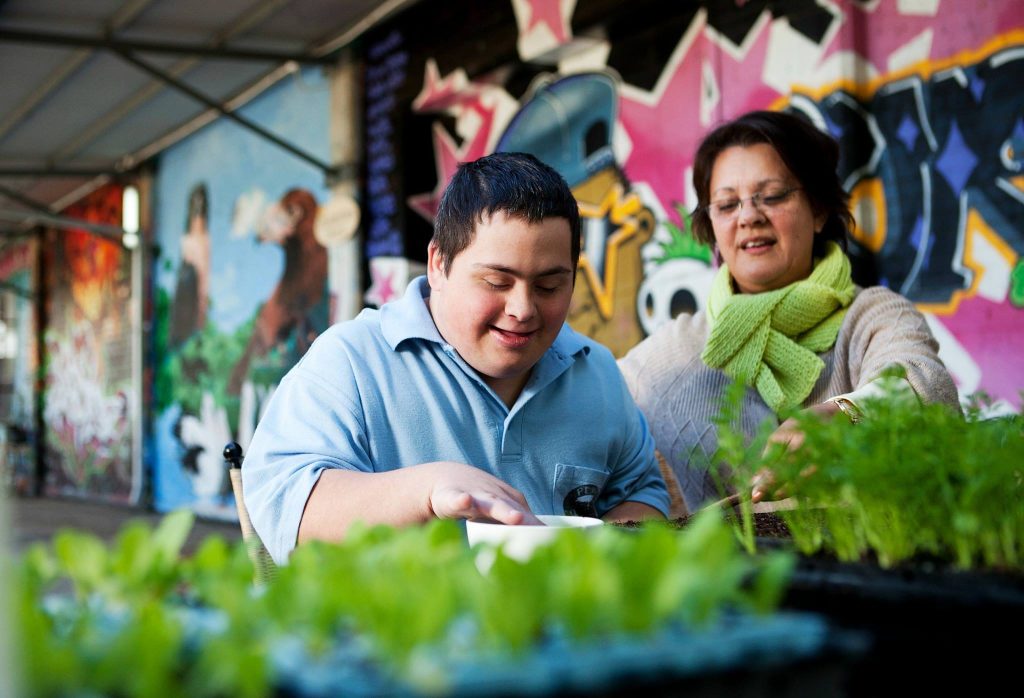
Sex Education for Intellectually Disabled: Why is it Important?
What’s frightening is that these statistics aren’t the scary ones. Reports vary wildly but research suggests that one in six women will survive a rape or attempted rape encounter. But for women with an ID, that number jumps considerably. One in four women with ID whom has been referred to a GP for birth control has reported a sexually violent incident.
Other research and reports claim that the number is actually higher. Reporting that almost half the women with I.D will, or have experienced at least ten incidents of sexual abuse in their lifetime.
Reports and Research On Sex And The Intellectually Disabled
This number can be considerably skewed by the research demonstrated by a 2015 Study published in the Journal of Sexual Research. This study concluded that women with ID have great difficulty/simply don’t associate pleasure with sex. Rather they will willingly play a passive role which sees them far more inclined in directing pleasure to the penis of their sexual partner, forsaking their own pleasure.
After sexual activity they are far more likely to exhibit feelings of depression and guilt. Where the Journal of Adolescent Health reports that 10% of women will experience an STD, the numbers jump in comparison to a cognitively impaired female with the percentage sitting at roughly 26%.
It’s clear that not only is there a significant increase in instances of sexual abuse, but also greater risk of early pregnancy and STD’s with people who had an I.D.
The Question is Why?
Now, many people will automatically assume or blame them because they feel that they can’t control their feelings, emotions or behaviours. Whilst this is true to a certain extent the World Health Organisation (WHO) identifies different primary contributing factors.
WHO, as well as other reports on I.D all identify that adolescents and adults who are classified as having an I.D are far more likely to be excluded from Sex Education Programmes.’ (WHO, report). WHO in its report, doesn’t identify specifically on this trend in much detail, it has been speculated elsewhere as to the reasoning’s behind this thinking. These include:
WHO Recommends
“The perceived desexualisation and application of Asexuality towards individuals with ID at the hands of other people, IE educators, carers etc.”
- Reluctance of parents exposing children with ID to talks of a sexual nature out of protection, or out of desexualisation.
- The mentality that carers view an I.D individuals sexuality as something that is feared and needs to be controlled.
- Misconception of Medical Professionals who perceive people with I.D not to be sexually active which results in a profound failure to offer sexual and reproductive health information and services.
Indeed, in the United Nations Convention on the Right of Persons with Disabilities (CRPD), the report notes that even though in many countries there are legal prohibitions, there are still many cases of forced and/or involuntary sterilization used to prevent the reproduction of some people with Intellectual Disabilities. This sterilization is almost exclusively confined to women.
Sex Education And Accessibillity
Accessibility to sexual health information and sex education is an important process in the development of positive experiences of disabled sex and relationships that occur with individuals with I.D. Appropriate relationship behaviours also need to be taught to people with I.D so that they are better able to identify inappropriate behaviour and respond accordingly.
Often, people with I.D miss out on the opportunity to mix with other people socially and as such will struggle to develop a relationship with someone else. Reasons for this include;
- A lack of privacy. Having a carer around constantly.
- Dependancy on others for daily living.
- Lack of confidence.
- Profound lack of social development due to being excluded from mainstream classes.
- Limited social experience.
Inappropriate Expressions of Sexuality
What this can result in is inappropriate sexual expression and behaviour and therefore it is clear that any individual with an intellectual disability will need additional support during their teens and developmental years. In order to develop coping and behavioural mechanisms to support their exploration of their sexuality and develop relationship skills.
People with Intellectual disability can no longer be excluded from sexual health and information courses.
People with I.D may need further education when it comes to health and sexuality which entails an education which includes.
-
- Teaching individuals that people with disabilities can have sex lives and sexual relationships.
- Cover issues that may be associated with their particular disability that is delivered in an age appropriate manner.
- Teaches and explains social rules which include differences between public and private behaviours.
- Is delivered and taught in a way that works with an individuals level of understanding.
Carers And Parents of the Intellectually Disabled
It is an important process for parents and carers to go through as well. Carers need to understand appropriate ways in which they can allow the individual under their care to flourish in social relationships which may or may not be of a sexual nature. The educational process needs to facilitated by schooling, parents, and peers in order for it to be effective teaching.
Many of the issues are derived from misconceptions regarding people with I.D and this is where social awareness regarding I.D will come into play. It’s a delicate balance that needs to be approached from multiple angles in order to correct this oversight in society.
Adult Lifestyle Centres proudly support and cater for persons with physical and mental disabilities.

Australian Safe Schools Program
Hot topic of the week is the Safe School’s program.
As a teacher having taught in NSW schools as well as being a Sex Educator and Youth Counsellor it is understandable that this topic would pique my interest. It concerns me as a gay male who constantly has to check his surroundings for people to determine the relative safety level as I travel from everywhere from Western Sydney to the Inner City of Sydney.
Conservatives in the Government are Freaking Out
Conservatives in the parliament and media have slammed the program as force feeding the Homsexual agenda ‘down the throats of our young, vulnerable school children’ (Bill Muehlenberg, The Real Agenda Behind The Safe Schools Coalition).
Senator Cory Bernadi spoke about children being ‘prematurely sexualised’ and even went so far as to describe the program as ‘Marxist’. Senator Joe Bullock said the program is so ‘narrowly focused on homosexual issues that it doesn’t provide the sort of balance one would hope’.
What all these comments actually highlight is simple.
They have no idea what they’re talking about.
They cannot distinguish what is actually in the program and they confuse the program due to an organisations support, Minus18. Safe Schools program is completely different and separate to the Minus18 Organisation. Judith Ireland states in her Sydney Morning Herald Don’t Believe Everything Conservative MPs Claim: the FACTS on what Safe Schools teaches Kids on February 26th the core part of the program consists of 8 lessons for young high-school students to supplement their PDHPE lessons.
Does the program combat bullying?
Probably not as directly as it could – which begs the answer to the question the conservatives are completely ignoring. What is the point of The Safe Schools Program?
Tolerance, plain and simple.
By building tolerance within the school setting, supplemented by the already existing anti-bullying programs it is to teach children about alternative lifestyles, genders and the diversity of sex and sexuality as opposed the dichotomy of male/female and the priviledged nature heteronormativity.
This then translates into their life as functioning and productive members of society and their dealings with other individuals in a social setting.
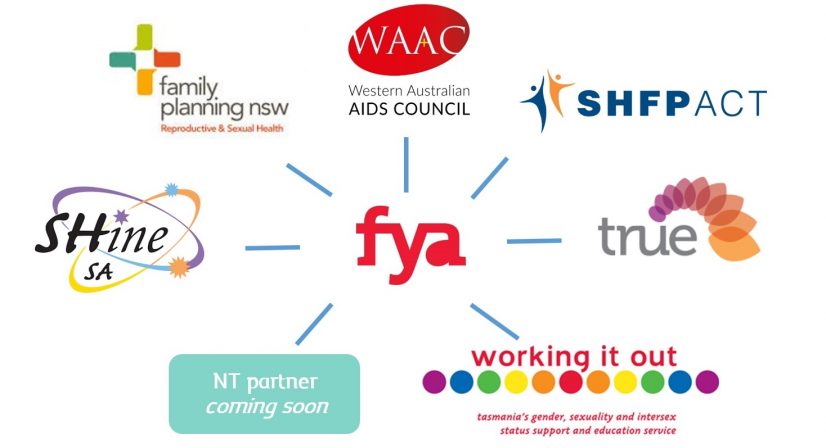
No Different to ACON Seminars and Workshops
It is no worse than what occurs in ACON seminars and workshops for the youth excepting this program has fully trained teachers rather than volunteers who might be teachers. Indeed there are a few teachers who volunteer at ACON.
Lessons in the Safe Schools program include activities titled ‘Coming Out’, ‘Challenging Stereotypes’, ‘Understanding Intersex‘, ‘What is Transgender’, ‘How to be a great Ally’ and others. All of which are centred around building tolerance and mutual understanding.
Granted, I do understand the concern about intersex which is a tricky enough subject to talk about normally without the onset of hormones, discovering sex and sexuality and the relative maturity levels of kids.
It primarily comes down to the skill of the teacher and resources used
In order to correctly deliver this lesson in an age appropriate manner. But for a child who may be experiencing these things at that time – it could potentially be life changing to realise that they are not alone.
Even if it reaches just a handful of students in each class then the program should be considered a success. Even working within the adult entertainment industry with products used as sexual wellness aides, I continually and as safely as possible, have to correct peoples language and assumptions about Queer people.
An overwhelming majority support being corrected when done appropriately. Many of the clients that I have spoken to in regards to this state simply they they were not taught that in life or even school. No one has ever said to them the potentials of life ‘on the other side’ the daily struggles, the constant coming outs etc. The privileged seldom evaluate why they are privileged and simply rejoice and revel in their socially privileged status.
Muehlenberg attempted to justify his position
By insinuating that he himself was bullied in school and that the program doesn’t specifically deal with the issue of bullying. He also uses ‘evidence’ from Minus18 to make claims against the program including dismissing the idea of ‘proud to create change in schools’.
He uses this claim as a sweeping argument to dismiss the specific issues that students of diverse sexuality face. Being bullied does not give one the entitlement to comment on bullying concerning homophobia. One can only wonder how he feels about the specific programs that focus on Indigenous students within schools. And how surprised he would be to find that the resources within this program solely focus on Indigenous Students! Not only do children of diverse sexuality and gender have to deal with burgeoning emotions, struggling to find their identity just as every other normal student within a social jungle. But they have to deal with emotions and feelings that, for the most part, they are told are not normal.
The Safe Schools program IS about creating change in schools.
I have had several clients whilst working at adult stores who have told me that they tried for so long to stay straight, to play happy families and eventually it all came crumbling down.
The Safe Schools program IS about creating change in schools.
Muehlenberg fails to understand the potential catastrophic damage this can have on a vulnerable child. And neglects to acknowledge that LGTBQIA+ youth have one of the highest rates of suicide in the world. He does not comment on the notion of building tolerance merely striking down the program as not focusing on anti-bullying as he claims the program is selling itself as.
He also mentions and cautions against throwing such an agenda down our ‘vulnerable school children’.
This is fear mongering at its best
It insinuates that the ‘gay agenda’ has an ulterior motive. Do tell, what that motive and ‘Real Agenda’ of the program is? Is it trying to force everyone to be gay or of a diverse gender? No, it’s about building tolerance in schools to combat homophobia in order to lower the following statistics.
-
-
- 61% of same sex attracted or gender diverse young people in Australia have experienced verbal abuse.
- 18% of same sex attracted or gender diverse young people in Australia have experienced physical abuse.
- 80% of these homophobic and transphobic incidents take place in schools.
-
When he mentions that ‘anyone who has a problem with the homosexual lifestyle is in fact a bully.’ He fails to see the point that his comments are degrading and hurtful to those of diverse sexuality and genders. And he plays the ‘victim card’ of the minority being overly aggressive in its agenda despite being a privileged white cis-male who doesn’t seem to understand the priviledge he has at being able to be correctly identified as a ‘he’.
Does he really feel that threatened by the quest for equality?
I’d have to question what he actually stands to lose when it arrives. A long overdue in comparison to the rest of the world and what he is actually condemning our ‘vulnerable children’ to as members of a tolerant society.

Meet Stephen, a bold and opinionated cis-gendered gay advocate for gender equality and sexual education. Join him on the Adultsmart blog for fearless insights.

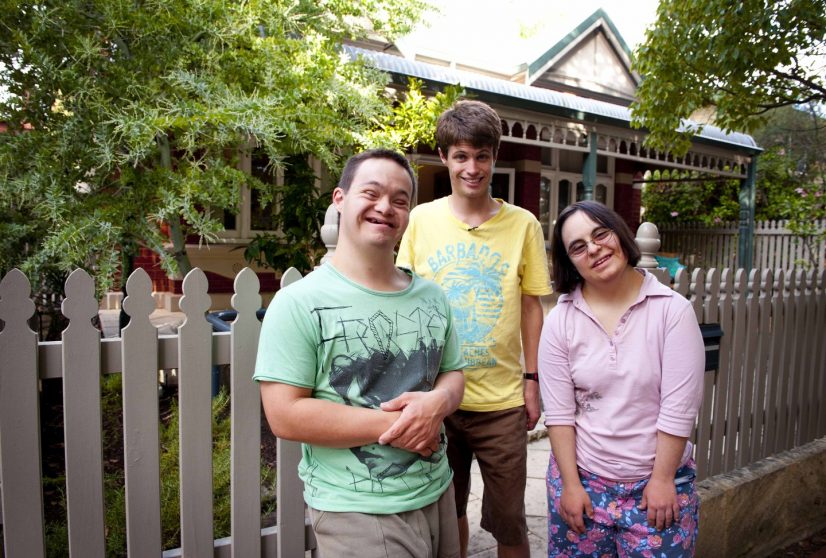
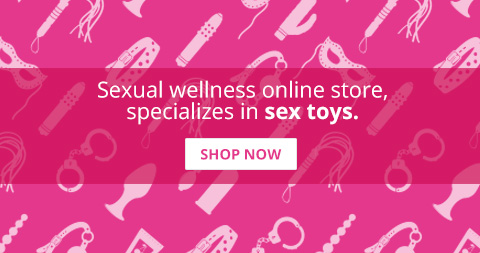




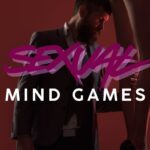
Leave a Reply